
Slip-resistant concrete look tiles offer the perfect combination of aesthetic appeal, durability and safety to reduce the risk within wet areas.

Slip-resistant concrete look tiles offer the perfect combination of aesthetic appeal, durability and safety to reduce the risk within wet areas.
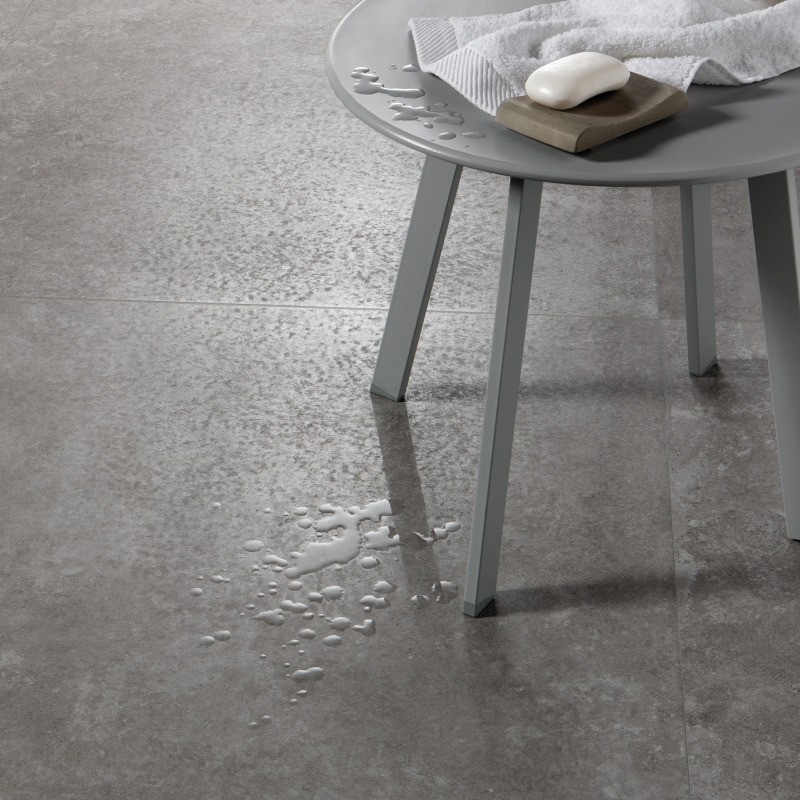
Slip-resistant concrete look tiles offer the perfect combination of aesthetic appeal, durability and safety to reduce the risk within wet areas.

With the constant activity in the kitchen, choosing the right tiles and colours is essential to build a long-lasting kitchen interior whose design won’t look outdated after just a few months or years.
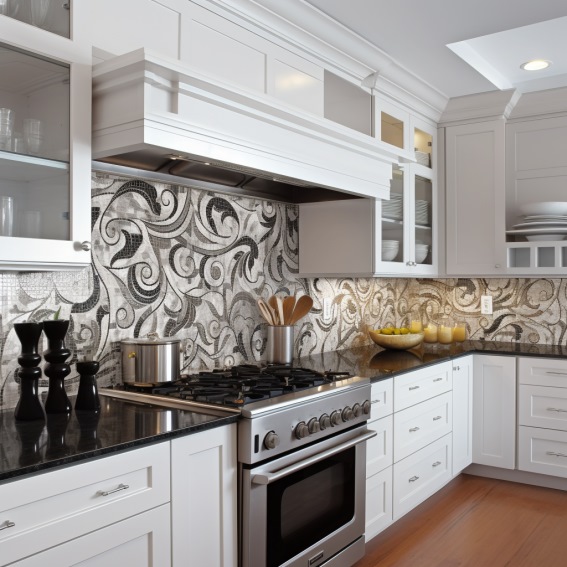
Decorative tiles can be both modern and traditional in today’s interior design day and age. With the large range of decorative tiles available, there’s always something for someone.
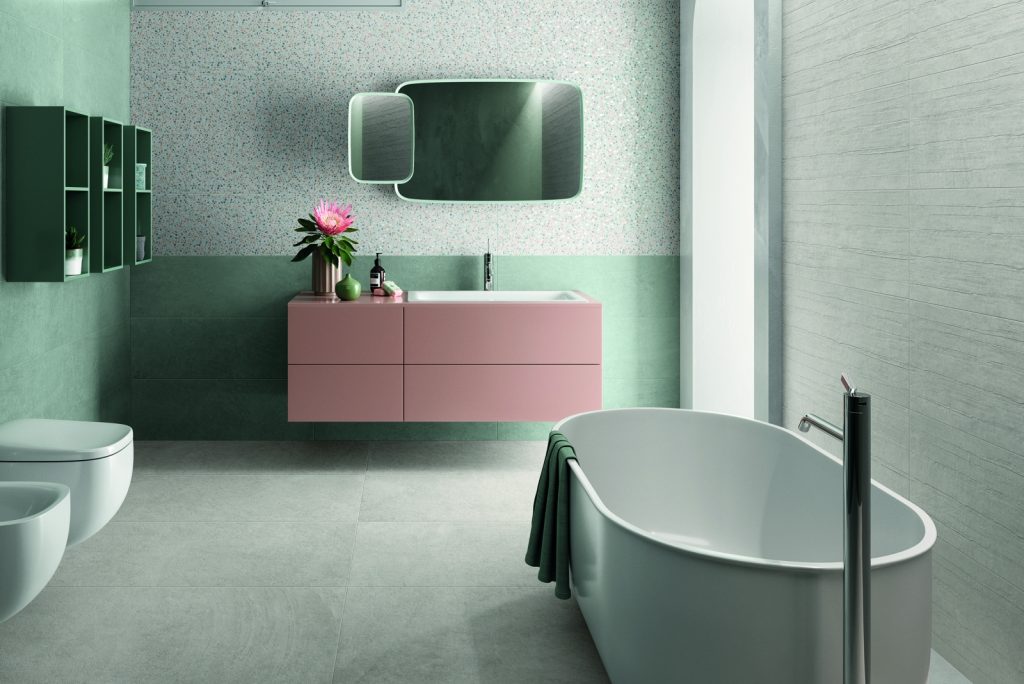
Slip-resistant concrete look tiles offer the perfect combination of aesthetic appeal, durability and safety to reduce the risk within wet areas.
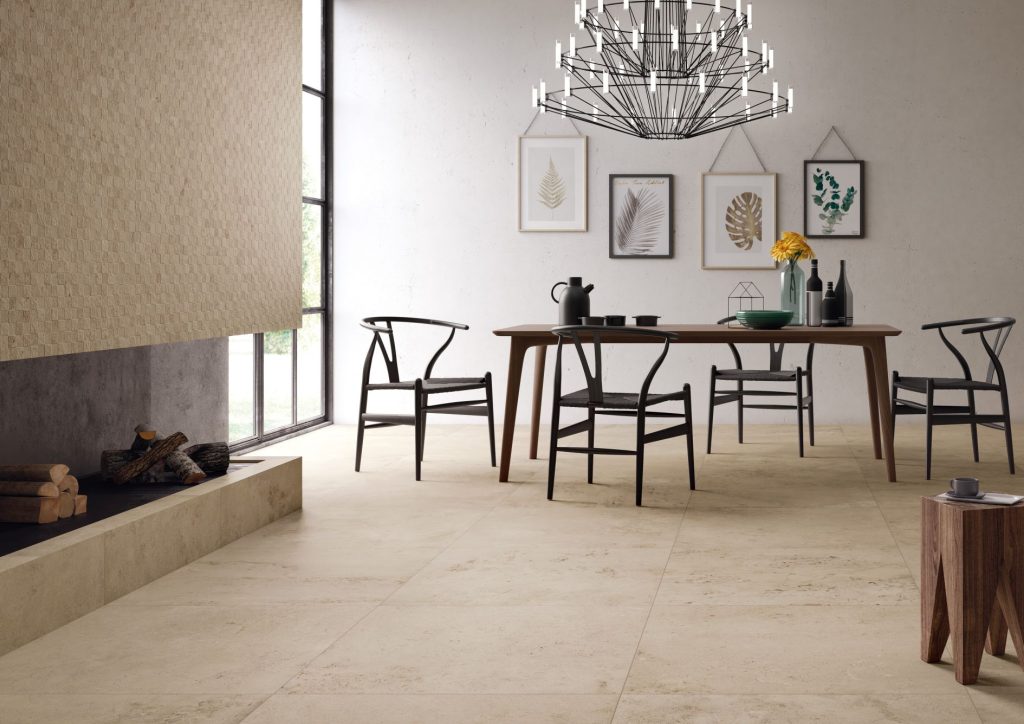
With the constant activity in the kitchen, choosing the right tiles and colours is essential to build a long-lasting kitchen interior whose design won’t look outdated after just a few months or years.

Summer is here, and as you survey your outdoor area, you might find yourself dreaming of creating a space that’s both functional and beautiful. Whether you’re envisioning a poolside paradise, a serene garden path, or a showstopping patio, mosaic tiles offer the perfect solution.
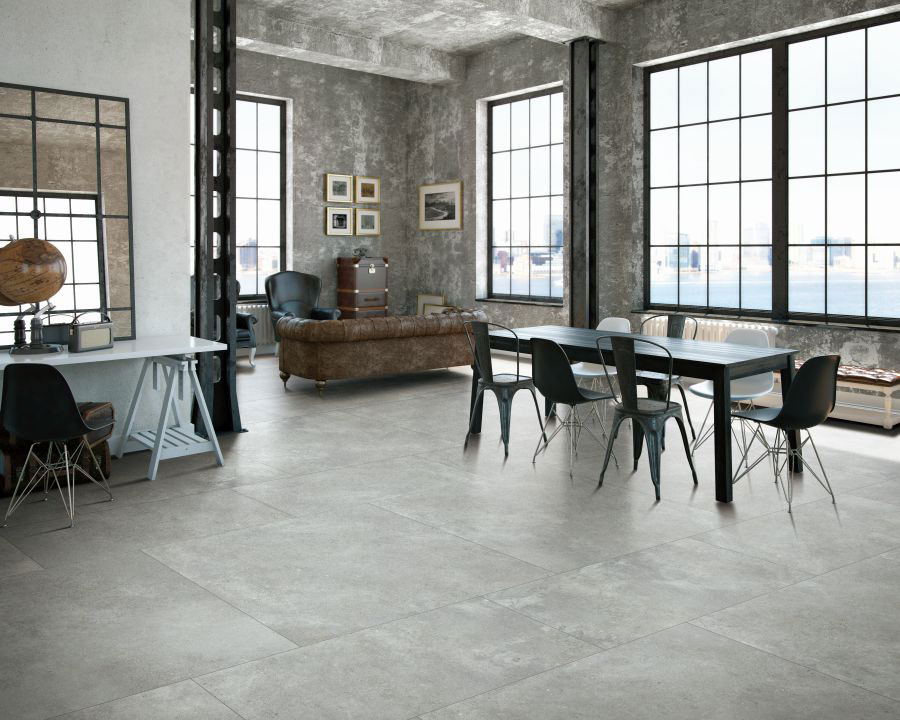
With the constant activity in the kitchen, choosing the right tiles and colours is essential to build a long-lasting kitchen interior whose design won’t look outdated after just a few months or years.
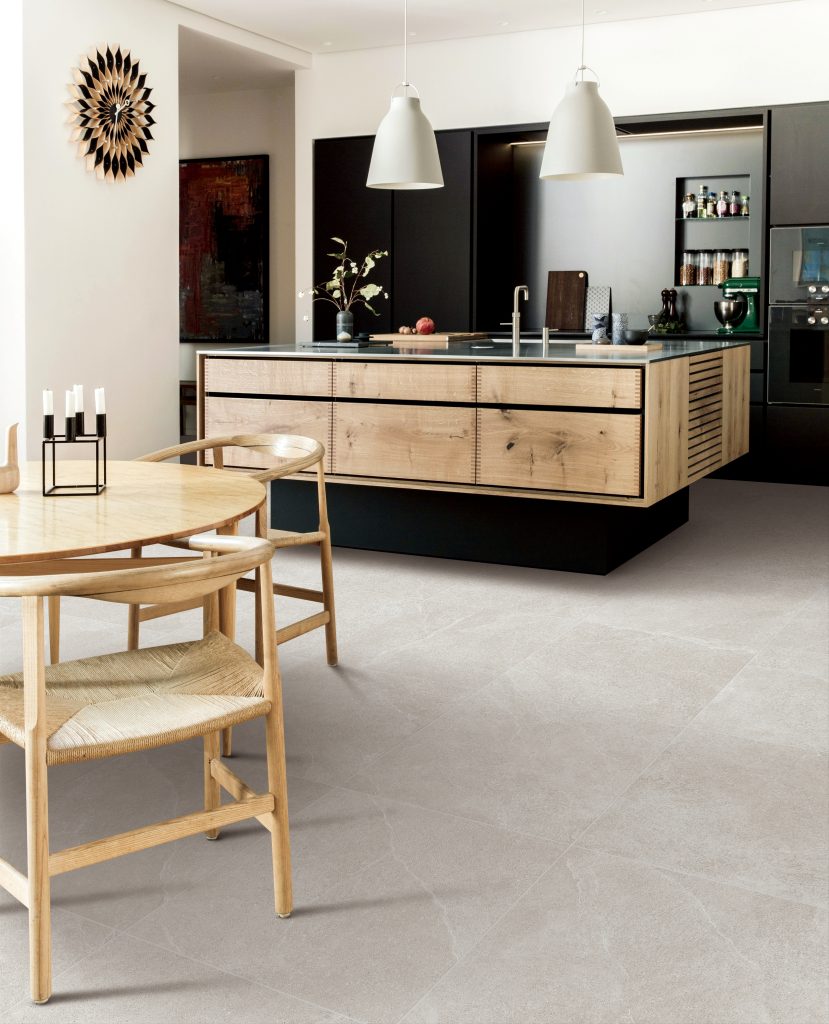
With the constant activity in the kitchen, choosing the right tiles and colours is essential to build a long-lasting kitchen interior whose design won’t look outdated after just a few months or years.

Looking at elevating your home this year? Discover 2024 tiles and home design trends that will inspire you to renovate your home.
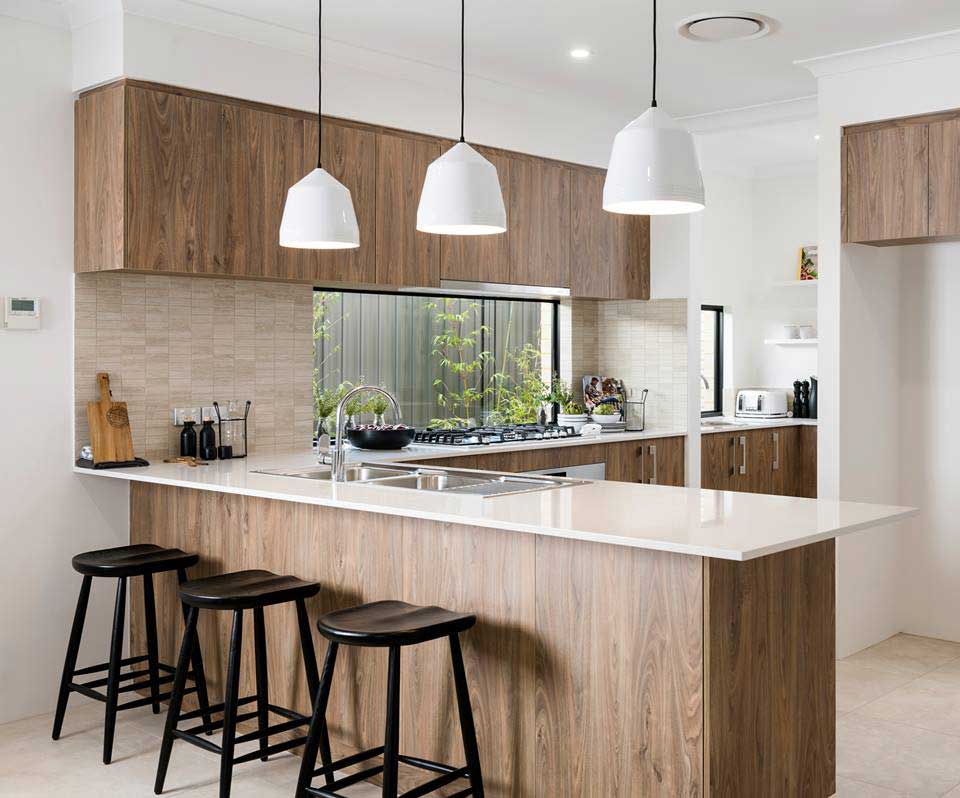
Looking at elevating your home this year? Discover 2024 tiles and home design trends that will inspire you to renovate your home.
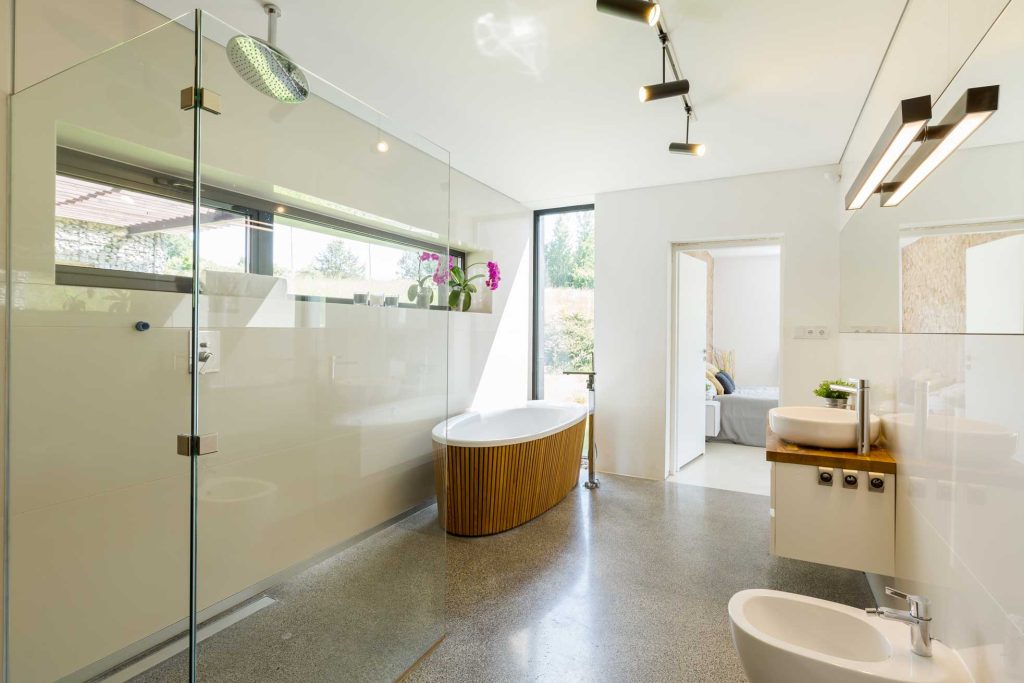
Looking at elevating your home this year? Discover 2024 tiles and home design trends that will inspire you to renovate your home.